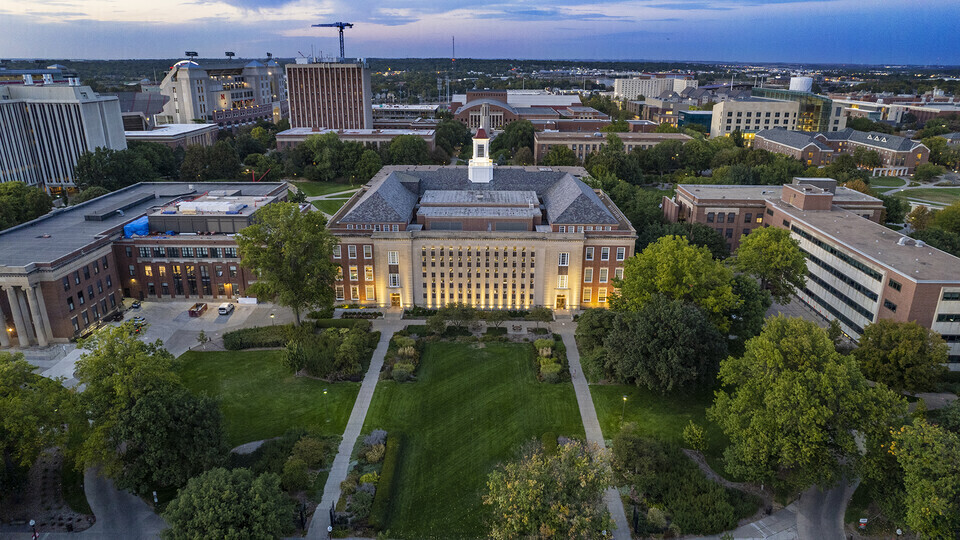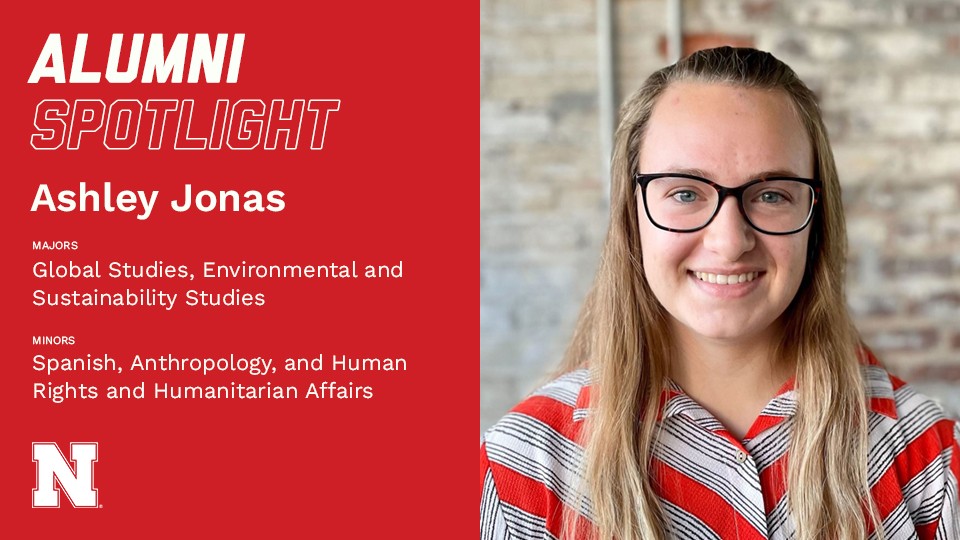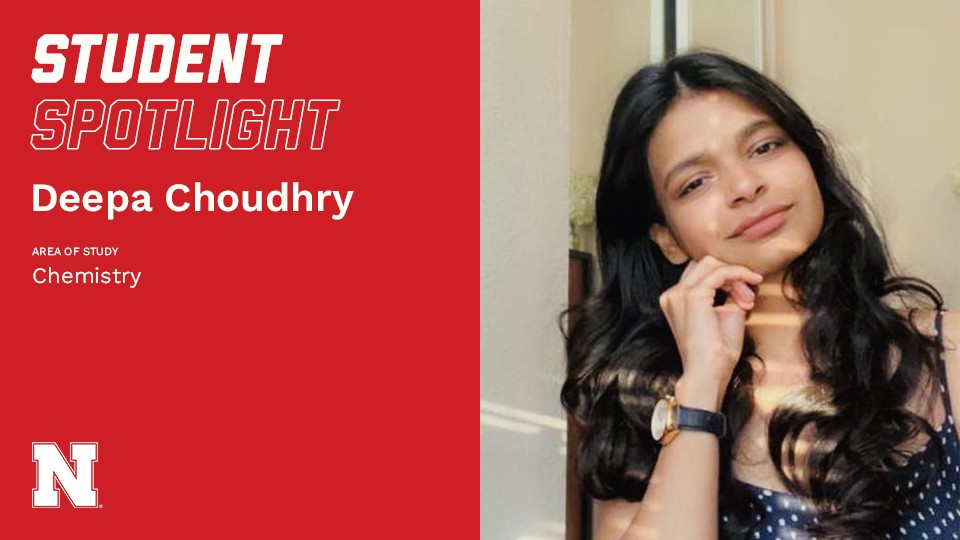
Margaret Huettl, assistant professor of history and ethnic studies, was one of three historians who consulted on the new “Oregon Trail” video game. Huettl, who has Lac Courte Oreilles tribal ancestors, researched old photos and drawings for accurate depictions of different tribes’ clothing and style. She was interviewed for a May 12 NPR article on the game.
• • •
By compiling and analyzing mollusk fossil data from the past 145 million years, Will Gearty, biological sciences, and colleagues have shown that temperature largely explains the diversity of aquatic life in the tropics. Human-driven global warming is expected to reduce that biodiversity in coming centuries. Stories on the research appeared in Bioengineer.org, the Environmental News Network, Phys.org, ScienceDaily, Scienmag and several other media outlets.
• • •
Ingrid Haas, political science, was quoted in a May 11 Vice article on some liberals continuing pandemic-related precautions due to trauma. “It’s possible that conservatives, even if they complied with restrictions publicly, never really internalized these restrictions in the same way many liberals did,” she said. “If you don’t really view the pandemic as threatening and think the response has been overblown, then you’re just going through the motions rather than internalizing the importance of the restrictions.”
• • •
Tim Borstelmann, history, author of “The 1970s: A New Global History from Civil Rights to Economic Equality,” was interviewed for a May 12 Politico article on whether current world events are a repeat of the 1970s. “There are ways in which certain patterns do come back, but they always come back in different forms and different circumstances,” he said. “So things can look recognizable, but they’re not the same.”
• • •
Eileen Hebets, biological sciences, was interviewed for a May 17 Undark article on the boom in whip spiders. “I used to be able to say, ‘I’m one of three people in the world who studies amblypygids,’” she said. “Now I don’t even know how many there are.”
• • •
A study by Robert Schub, political science, and Connor Huff, assistant professor of political science at Rice University, looked at how racial segregation in the U.S. military impacted death rates among troops during the Korean War. They found that Black and White soldiers’ fatality rates were similar whether they served in segregated or integrated units. The Journal of Blacks in Higher Education published a May 24 article on the research.
• • •
The Targeted Observation by Radars and UAS of Supercells (TORUS) project led by Adam Houston, Earth and atmospheric sciences, was featured in the most recent issue of Geo magazine. The goal of the multi-institutional project is to better understand supercell thunderstorms, which produce the most destructive tornadoes.
• • •
Sarah Gervais, psychology, was quoted in a May 25 Body+Soul article on whether money can buy happiness. She wrote that buying things can make people happy in the short term, but eventually we get used to the new items and they fade into the background. “The happiness that comes from purchasing experiences, however, tends to increase over time,” she wrote. “One reason is that we often share experiential purchases with other people.”
• • •
By stretching and relaxing their specially designed films, Stephen Morin, chemistry, and Ali Mazaltarim, a graduate student in chemistry, have demonstrated unprecedented control over the movement of liquid droplets on flat surfaces. That control could make the technique useful in self-cleaning materials, water harvesting and other applications. Technology.org ran a May 29 article on the research.
• • •
The Defense POW/MIA Accounting Agency recently signed a Memorandum of Understanding with the University of Nebraska–Lincoln and National Forensic Sciences University in Gandhinagar, India, to develop academic exchanges and cooperation in teaching and research. The MOU was mentioned in May 30 articles by several Indian media outlets, including Economic Times.


